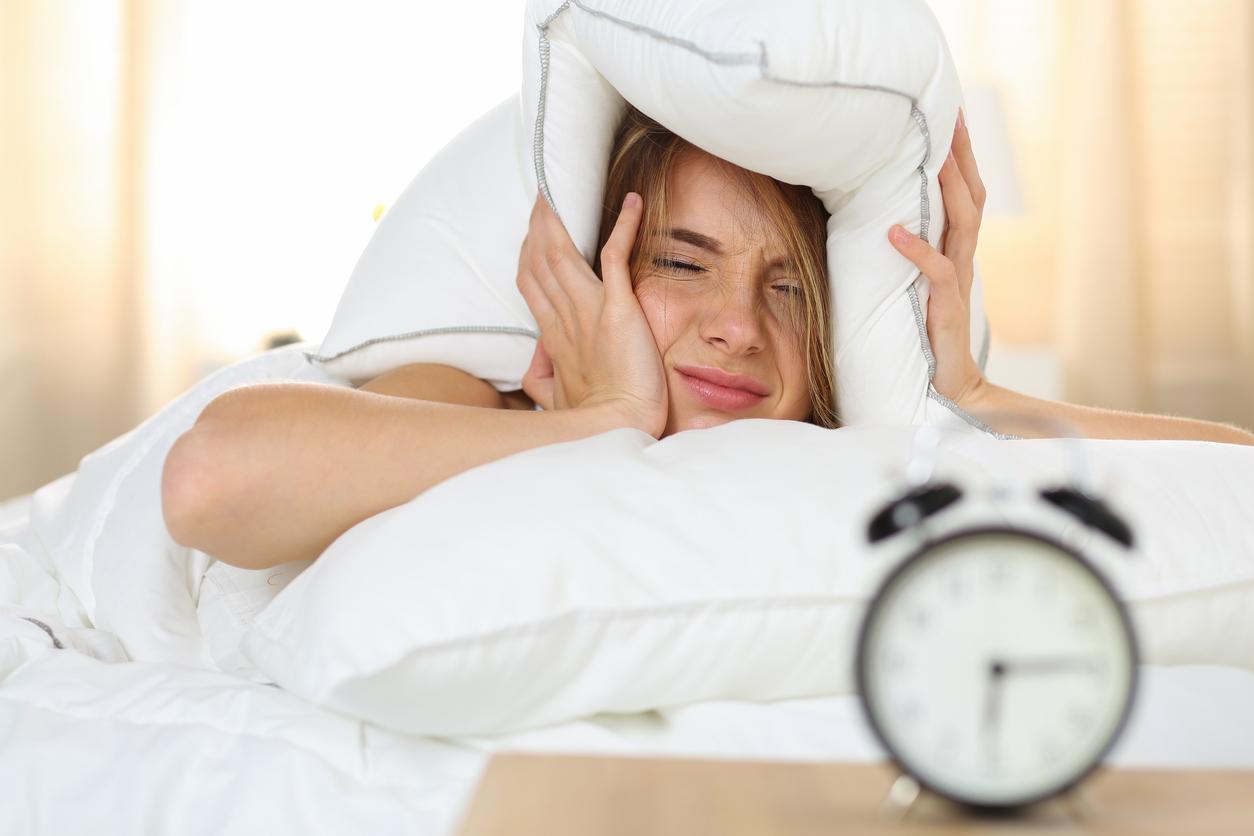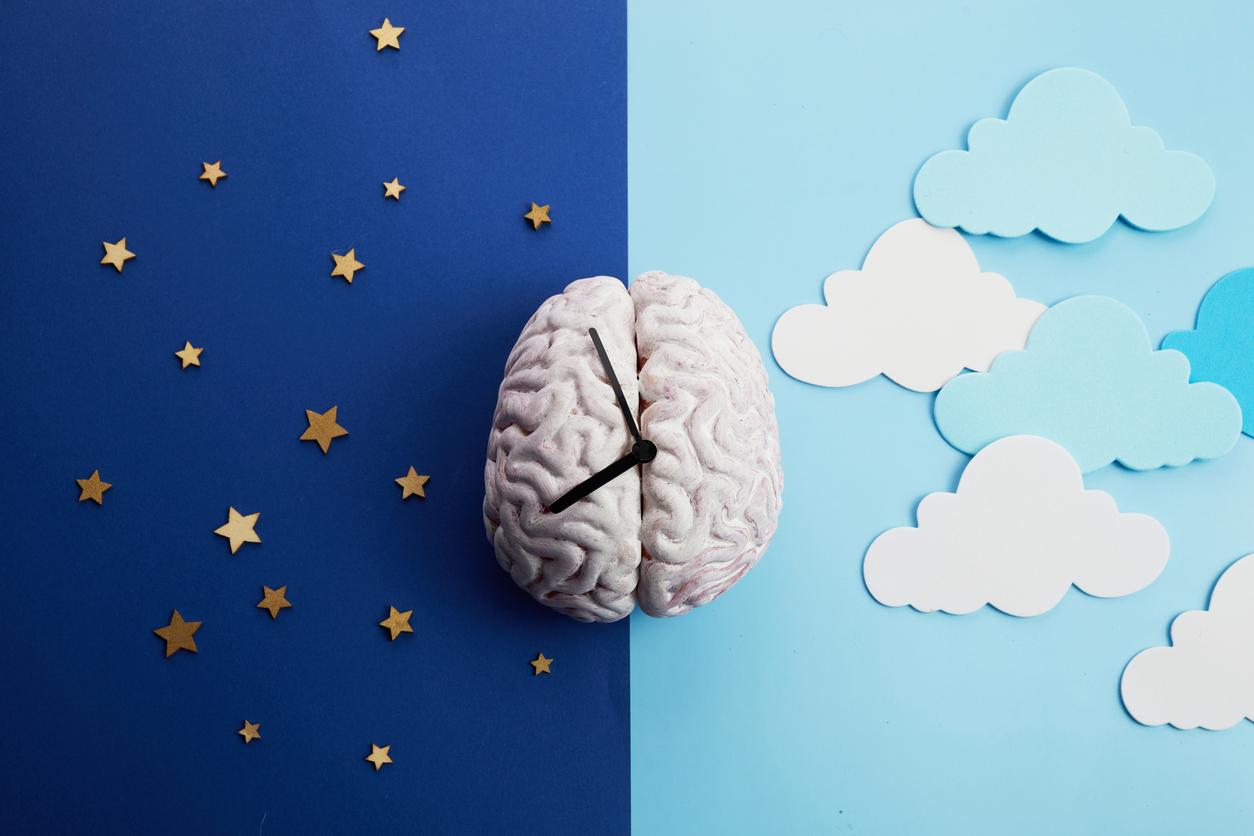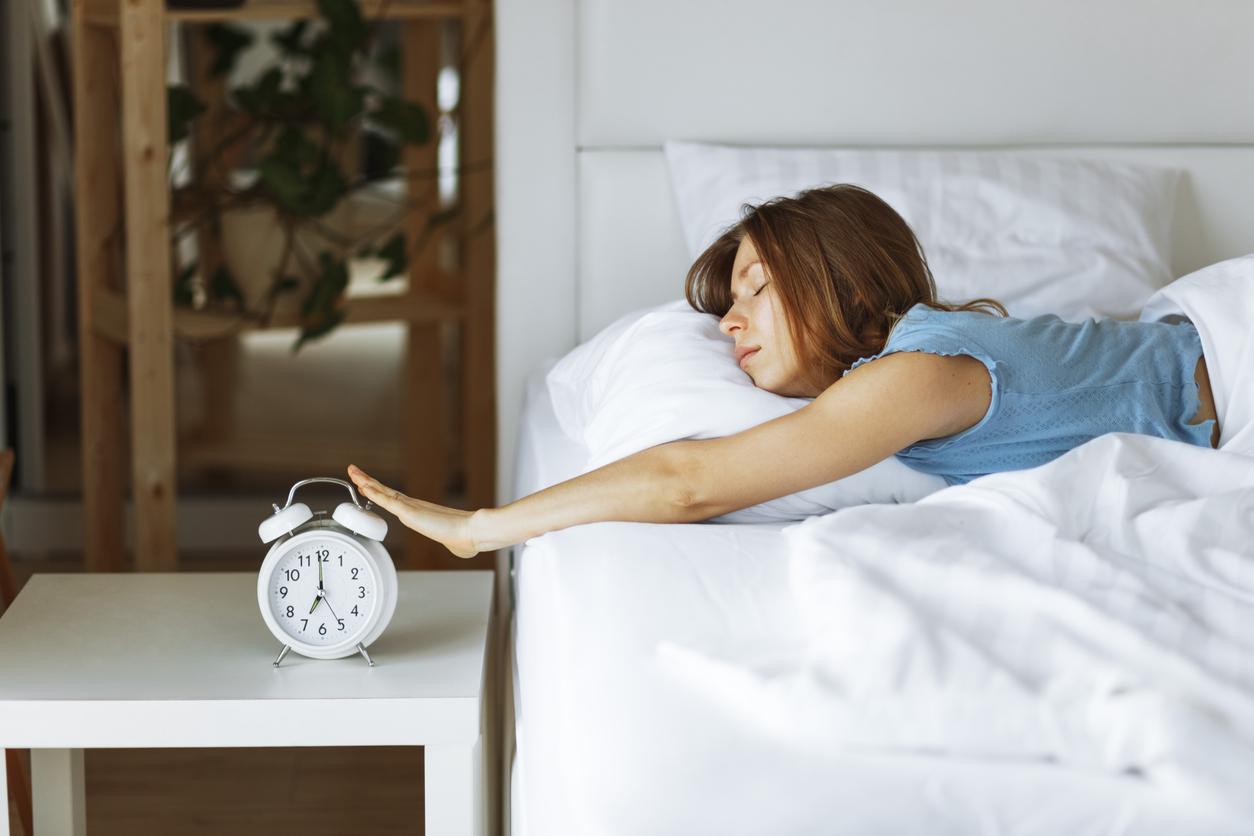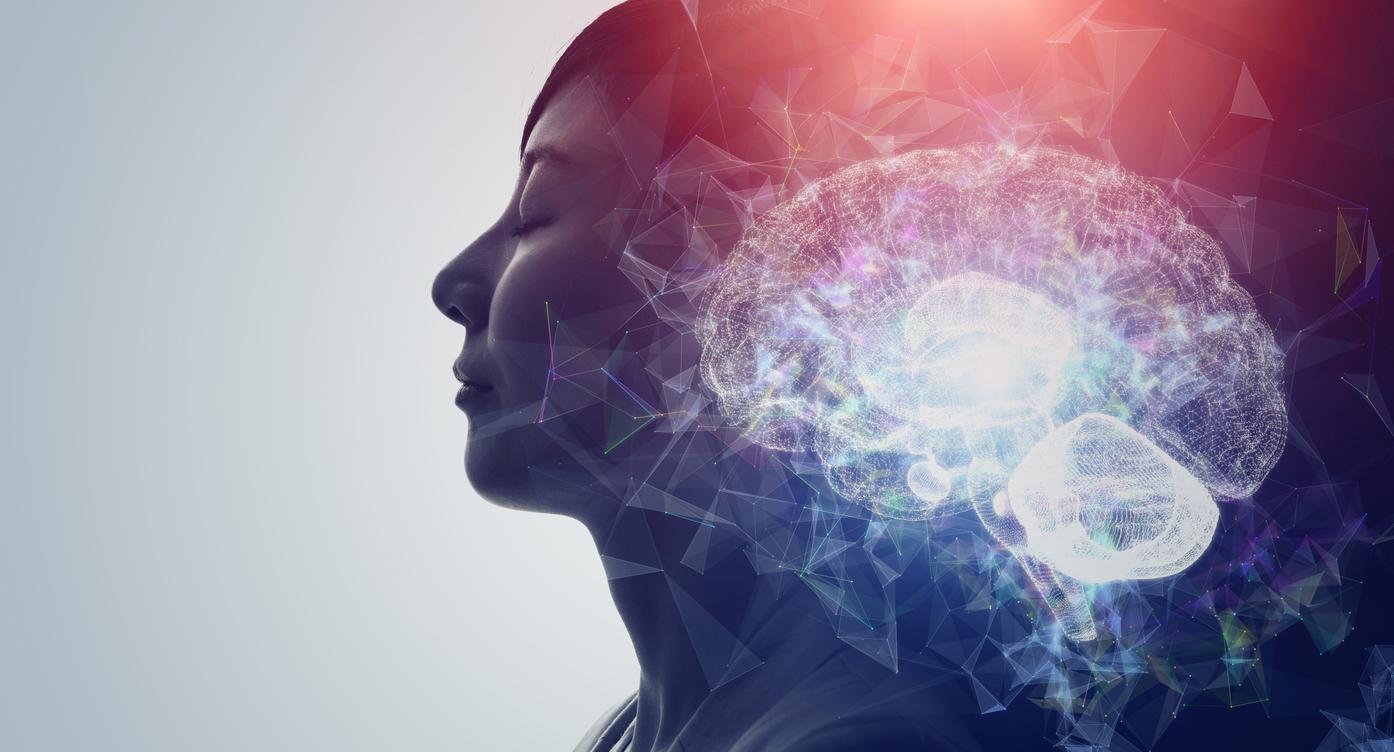Mood is regulated by the circadian rhythm and the influence of the body’s internal clock increases the longer one stays awake.

- According to a recent study, mood is modulated by the circadian rhythm and increasing waking time deteriorates it.
- The mood curve reported by participants reached its lowest score around 5 a.m. and its highest around 5 p.m.
- The researchers clarified that the work only focused on a generalized model of the mood of medical interns.
We’ve all gotten up from the wrong side of the bed. While the day has not yet started, it looks bad, because the noise generated by the work is too loud, the quantity of hot water in the shower is not enough or our coffee has stained our shirt clean and carefully ironed. But how can we explain being in a bad mood as soon as we get up? Scientists from the Universities of Michigan and Dartmouth Health (United States) looked into this phenomenon.
An increase in waking time deteriorates mood
“The interplay between circadian rhythms, wake time, and mood remains poorly understood in the real world. People in high-stress occupations with irregular hours or working night shifts are particularly vulnerable to depression and other mood disorders. Advances in wearable technology have made it possible to study these interactions outside of a controlled laboratory environment,” they wrote in a study published in the journal PLOS Digital Health.
As part of this work, the team followed 2,602 medical interns (first year) for two years to examine how their daily mood changes depending on their internal clock and their sleep/wake cycle. Using smartwatches, their continuous heart rate, step counts, sleep data and daily mood scores were measured. The researchers also estimated circadian time and wake time from minute-by-minute measurements of heart rate and movements. According to the authors, mood was modulated by the circadian rhythm. Additionally, increased waking time deteriorates mood.
Mood peaks at 5 p.m. and minimum at 5 a.m.
Secondly, the scientists established a curve of the participants’ moods according to their circadian phase and their waking time. The results showed that mood peaked at 5 p.m. and its lowest at 5 a.m. “Mood naturally follows a cycle with a low score in the morning and a high score in the evening, regardless of lack of sleep. Sleep deprivation is a distinct process that further lowers mood. Thus, a person who is awake all night should have an even lower mood than if she had woken up at 5 a.m.”, clarified Ben Shapirolead author of the research.
The team clarified that their study only looked at a generalized model of interns’ mood and that individual variations in mood are more complex and depend on factors such as social dynamics, schedules and temperaments. . Additionally, a minimal number of volunteers stayed awake for more than 18 hours in a day. Additionally, the authors did not use validated emotional assessment scales such as the Depression, Anxiety, and Stress Scale, or clinical screening tools.
















